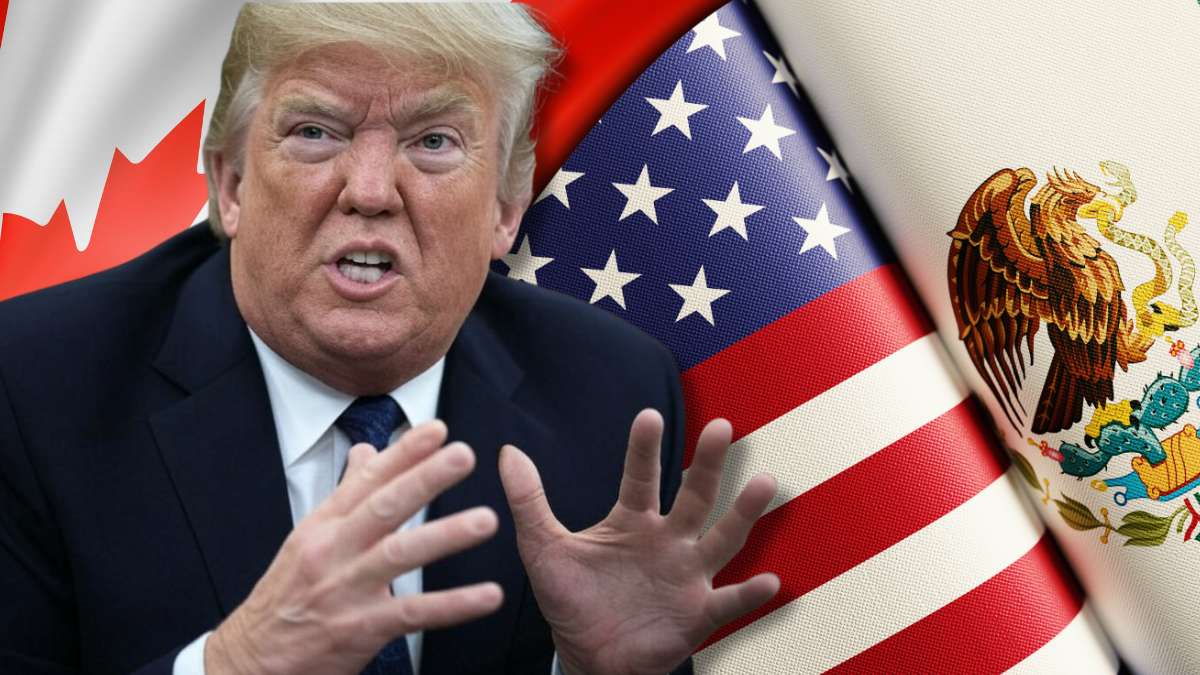The tariffs announced by President Donald Trump have generated concern in various sectors of the economy, especially due to the impact they could have on the prices of products and services. The imposition of 25% tariffs on imports from Mexico and Canada, and 10% on Chinese products, has been seen as a measure that could skyrocket costs for American consumers and affect the competitiveness of companies.
Economists have warned that Trump’s proposed tariffs could have a significant inflationary effect. According to Goldman Sachs projections, each percentage increase in the effective tariff rate could raise consumer goods prices by 0.1%, resulting in increased inflation for at least a year. This would not only affect imported products, but also domestic goods, as American manufacturers could take advantage of reduced competition to “opportunistically” increase their prices.
The impact on the prices of products and services
For example, electronic products such as laptops, smartphones, and video game consoles could see significant price increases. A report from the Consumer Technology Association (CTA) estimated that prices for laptops and tablets could rise by up to 45%, video game consoles by 40%, and smartphones by 26%. This would represent an increase of $213 in the average price of a smartphone, which would directly impact the purchasing power of consumers.
Global supply chains would also be affected by these tariffs. Many companies, such as Foxconn, Lenovo and Hisense, have invested in Mexico as part of a “nearshoring” strategy to bring production closer to the United States and avoid the tariffs imposed on China during the first Trump administration. However, new tariffs on Mexico could penalize these companies and discourage future investments in the region.
Effects on supply chains and production, and its impact on the US economy
Additionally, tariffs could create uncertainty in supply chains, making long-term planning difficult. Jeff Gragg of Columbus Consulting said many companies are already adjusting their budgets to offset potential cost increases, but a lack of clarity about which products will be taxed and to what extent complicates decision-making.
Experts agree that Trump’s tariffs could have a negative impact on the US economy. An analysis by the Peterson Institute for International Economics (PIIE) concluded that these measures could inflict “significant collateral damage” to the economy, including a decrease in consumer spending, an increase in unemployment rates and lower economic growth.
Additionally, tariffs could slow global trade and raise tensions with the United States’ major trading partners. This would not only affect US companies that rely on imports, but could also lead to retaliation from other countries, further aggravating the situation.




